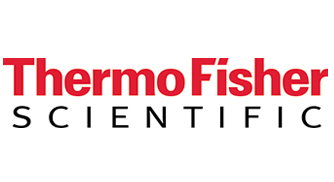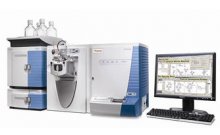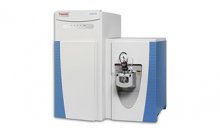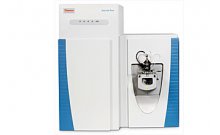采用精确质量数据和MetWorks软件鉴定GSH结合物
前言:
Incorporating metabolite profiling for ADME properties early in discovery across the pharmaceutical industry has resulted in an increase in drug success in development by decreasing failure due to poor pharmacokinetic properties.1 However, since it is difficult to predict how toxicity screens compare to human toxicity in vivo, there has been a shift to drug attrition during development due to preclinical or clinical safety issues. This is due to the fact that there are no animal models that adequately predict drug toxicity involving the cardiovascular and hepatic systems in humans.1,2 In order to avoid drug toxicity in development, the screening for formation of electrophilic reactive intermediates has been widely embraced by the pharmaceutical industry as part of drug design.3
仪器:
LTQ Orbitrap mass spectrometer
结论:
An approach for identifying GSH conjugates from incubations of compounds has been developed using the LTQ rbitrap and MetWorks. The Isotopic Data Dependence in the method setup allows for selective triggering of MSn data for metabolites of interest. Compared to other methods for post-processing of data, multiple mass defect filters allow he user to identify known as well as unknown or unexpected metabolites of interest. Followed by the accurate mass sotope search, this combination is well-suited for taking advantage of accurate mass data for selectively identifying SH conjugates that have distinct isotope signature patterns. The availability of both accurate mass full scan and product on mass spectra in the data allows structure elucidation of the conjugates for a single LC/MSn experiment. Additional examples employing this workflow and more in-depth discussions can be found in reference 8.




